In the grand old history of ovulation, the concept of tracking your period for the sake of anything other than getting pregnant is relatively embryonic in the Western world. Period tracking apps have smoothed the way but the concept of being in tune with your hormonal cycle for sake of your mental, physical and emotional wellbeing remains relatively uncharted territory.
It’s likely you’re aware of your impending period from obvious, beloved signs and symptoms (breakouts, cramps, swollen breasts, etc.) and that even more likely, the not-so-obvious symptoms (PMS, fatigue, hunger, dull skin) may go unnoticed until those aforementioned beloved signs barge in. Now imagine if instead of being beholden to these hormonal changes you monitored them and accounted for their effects. This is the simple concept behind cycle syncing, a term conceived by Alisa Vitti, Functional Nutritionist, HHC, AADP and detailed in her book WomanCode.
What is cycle syncing skincare?
The practice champions being in tune with the hormonal fluctuations happening within your body day-to-day as a way of catering to your changing needs. The practice extends to nutrition, exercise, creativity, which all play pivotal roles in our wellbeing, but also skincare.
Hormones have sway over our skin and if you’re familiar with the phases of your ovulation cycle you’ll know your skin often bears the brunt of these fluctuations. Dry, dull skin one minute, breakouts and insane amounts of glow the next. It’s not magic, just hormone-induced fun and some believe that cycle syncing your skincare can help you manage that fun or at least be mindful of what your skin requires as you work through the ovulation cycle.
Can I incorporate cycle syncing into my normal skincare routine?
Dr Shyamalar Gunatheesan, Founding Dermatologist at ODE Dermatology, believes a consistent and reliable skincare routine is always non-negotiable, no matter what time of the month it is but that some tweaks here and there may aid in preventing hormone-induced concerns from flaring up.
“You want to be on a good skincare regimen every day of the month so my go-tos are a B3 serum—a great anti-inflammatory, it reduces sebum production, it causes hydration—and a vitamin c serum, which is an all-round trooper: it’s an antioxidant, anti-inflammatory,” she explains.
However, for those who know they get flare-ups, tracking your period and stepping up the use of specific ingredients at certain times of the month may help alleviate concerns like dryness (glycerin, niacinamide), dullness and breakouts (AHAs, BHAs, retinol), says Dr Shyamalar.
“I wouldn’t wait for the pimple to happen; you would start prepping or being a bit more judicious with your skincare that whole ten days before you get your period,” she continues. “I’ll tell my patients, definitely wash off all your makeup, remove the congestion, do a double cleanse—with micellar water or a cleansing oil—and then use a hydrating cleanser, remove every bit of debris that can cause congestion and you might step up lactic acid every night for the 10-day period.”
How do I cycle sync my skincare?
The Luteal Phase (Days 15-28)
The 10 days prior to your period is known as the luteal phase and a rise in the hormone progesterone causes production of sebum to jump up, while pores compress. This is a recipe for breakouts and bouts of hormonal acne. It’s here that, if your skin can tolerate it, you may want to step up chemical exfoliation every night until your period arrives and only in areas you know you regularly suffer from hormonal breakouts (think: the chin, jawline, lower cheeks.)
Because sebum production is higher, this may be a time to pull back on layering your products, in particular oil-based formulas. Better to focus on detoxifying skin with the help of clay masks or sulfur products and working in soothing, hydrating ingredients as skin can be more sensitive and cranky.
Menstruation (Days 1-5)
When you have your period skin can be at its dullest and driest, this is thanks to your hormones being at their lowest levels. Cycle syncing would have you picking up the gentle hydrators in your arsenal (hyaluronic acid, panthenol, glycerin and niacinamide) and pulling back on exfoliation (just the bare minimum) and opting out of cleansing tools, especially if you’re dealing with breakouts. Likewise, steer clear of tougher actives that may wreak more havoc than their worth on your skin barrier if skin is compromised. Consider masks designed to hydrate, calm and soothe inflammation; ingredients like aloe vera, honey and oat should do the trick.
The Follicular Phase (Days 6-14)
Estrogen will rise during this period, and this is when your skin will start behaving its best. Skin is glowing, plumped and clear so switch back into business as usual maintenance; exfoliating two to three times a week, slathering on actives and more intensive treatments like chemical peels can be booked in.
Ovulation (Day 14)
You’re sliding back into the luteal phase so here’s that 10-day period Dr Shyamalar recommends being more conscientious about cleansing and exfoliation to prevent build-up and keep pimples at bay.
“At night I like using AHAs and BHAs, so a bit of salicylic acid and lactic acid that will decongest your pores and help with the skin renewal and then you layer that on to a gentle retinol to which will help with your epidermal turnover and improve your collagen production,” says Dr Shyamalar who advises on a holistic approach to self-care and cycle syncing: “A lot of my patients are on evening primrose oil, they’re on tonnes of probiotics and maybe one week or 10 days before your period, go to bed early. You want to be proactive.”
So is cycle syncing worth the effort?
Definitely maybe. If you’re someone who experiences hormonal breakouts, unexplained dry or sensitive skin, it may be worth investing some time into tracking your ovulation and noting how your skin changes as the month rolls on. And if breakouts persist or you find your skin symptoms worsen, always consult a doctor or skin specialist to help you form a treatment plan.
Lastly, if you spent 20 minutes sobbing over a two-minute video of a duckling falling down a drain or you’re so inexplicably hungry that you ate your yearly allotment of almonds in under five minutes, it’s worth noting you’re not crazy or alone:
“The fluctuation of these two hormones [estrogen and progesterone] play a crucial role in neurological and psychological development and function which impacts brain function, cognition, emotional status, sensory processing, appetite, and more,” says the Archives of Gynecology and Obstetric journal. Or, more simply: your period is just around the corner.
Dealing with hormonal breakouts? Always reach out to a doctor, dermatologist, or skincare professional as they can provide you with personalised advice for your skin.


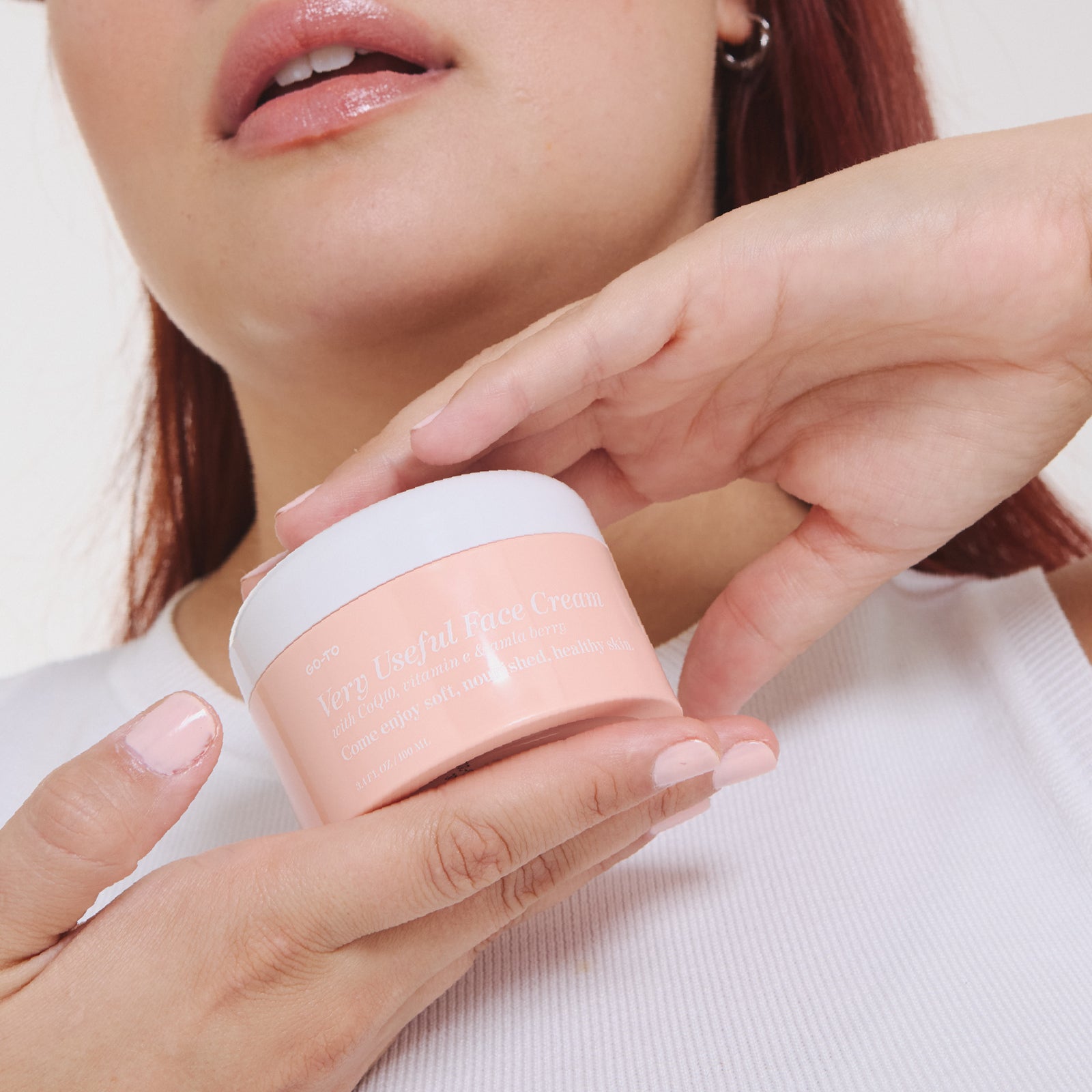

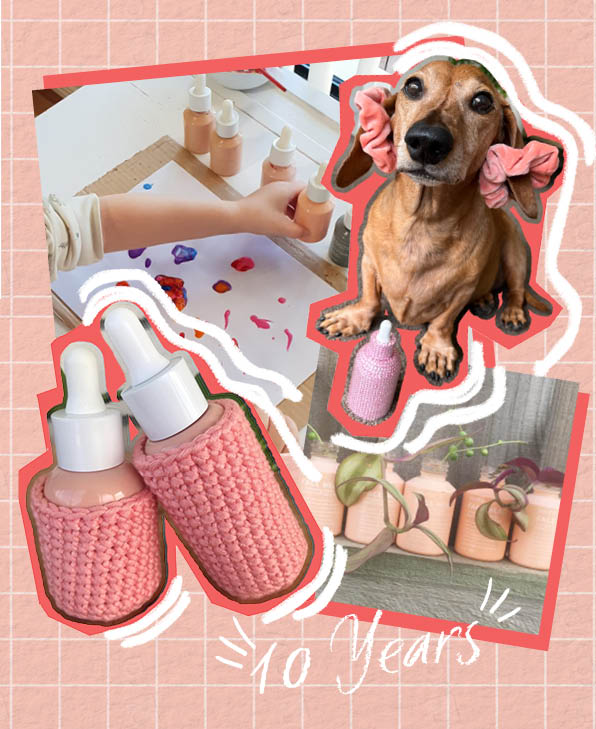

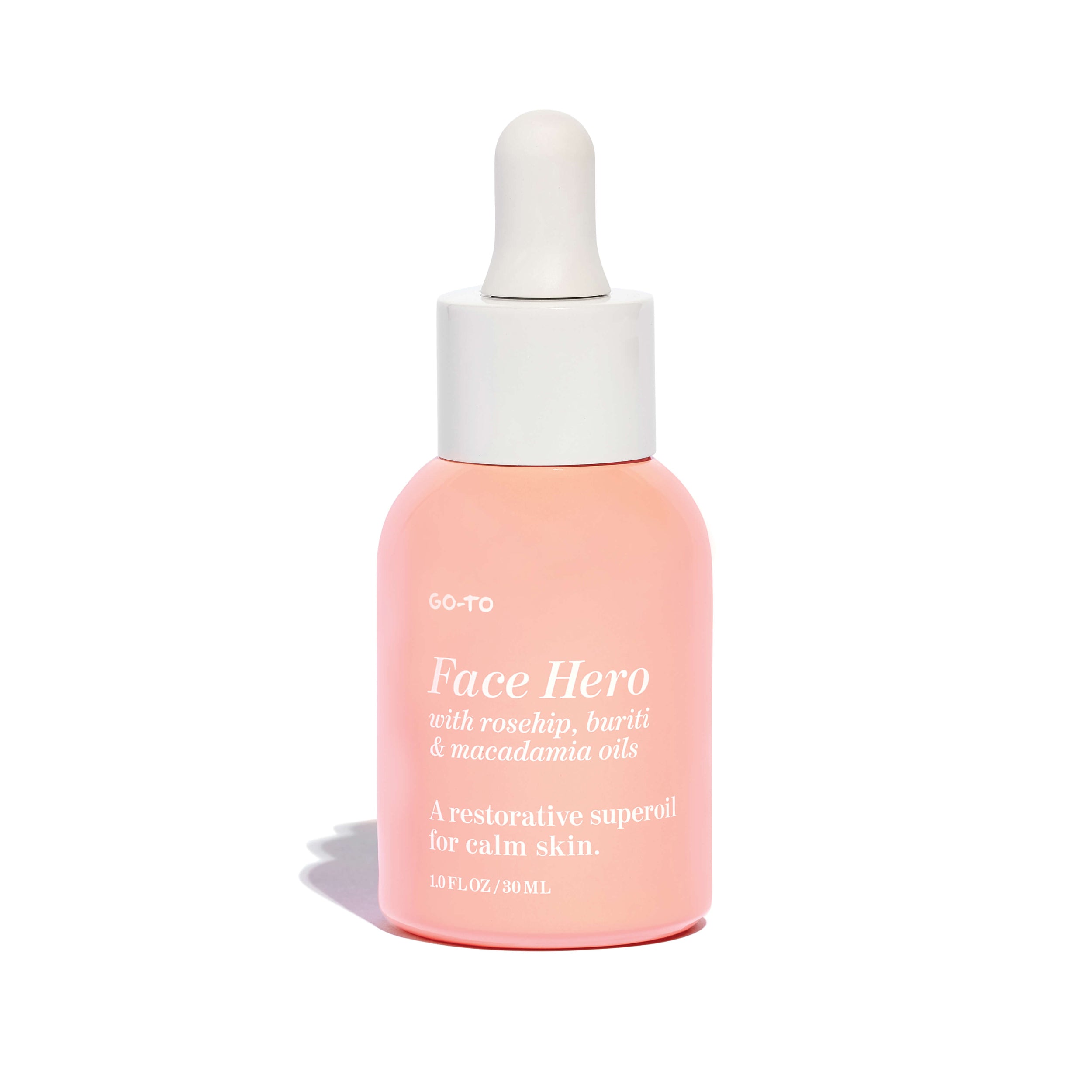
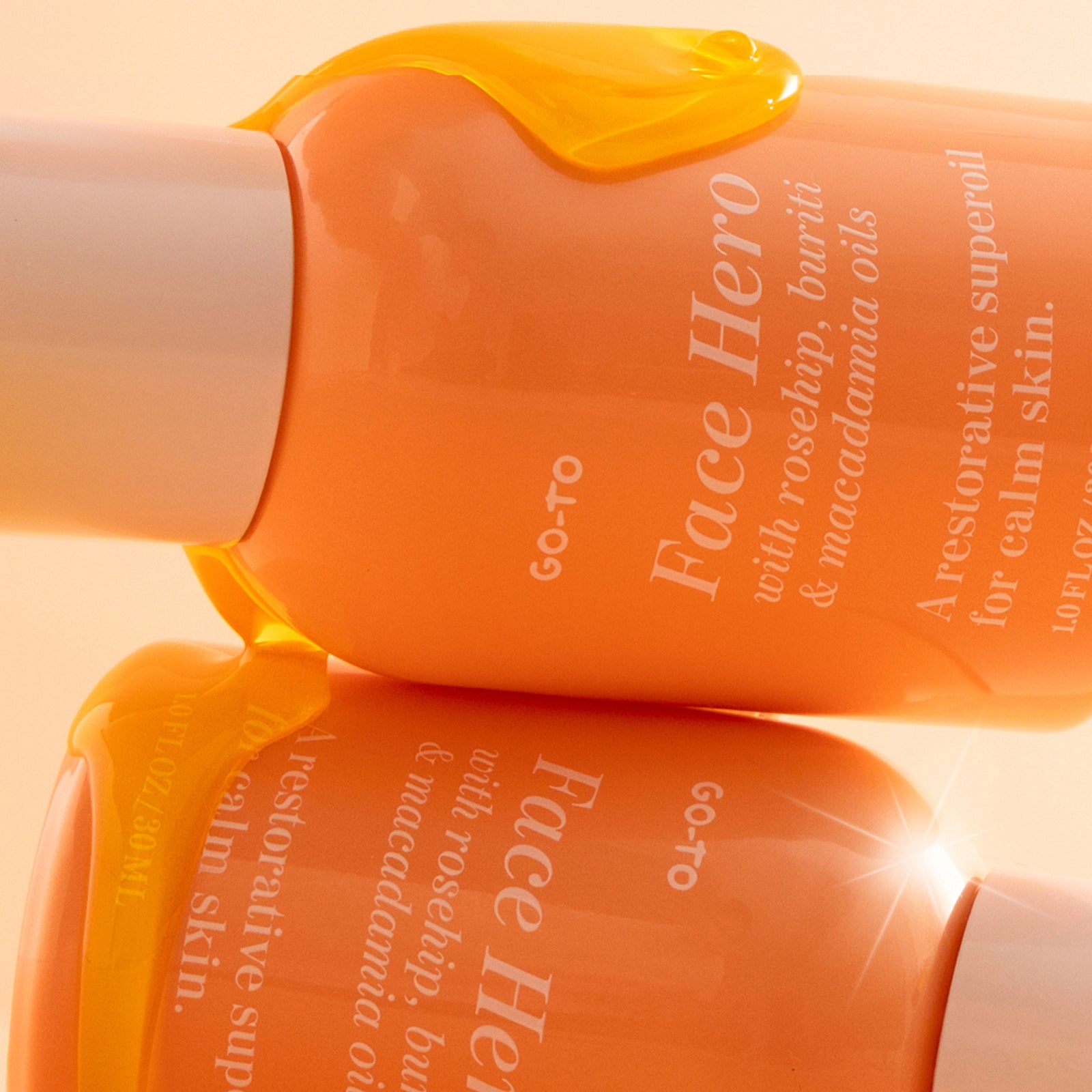
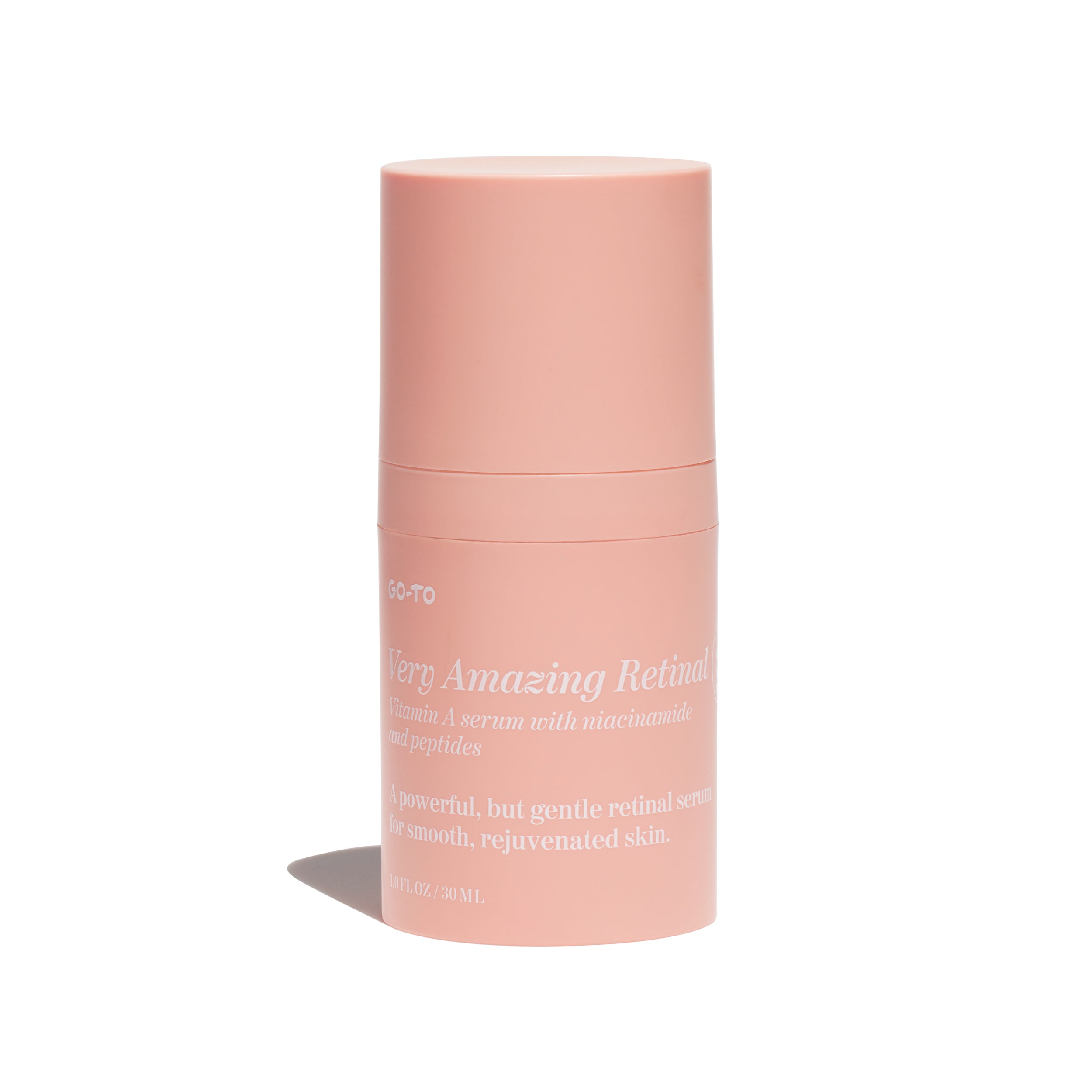
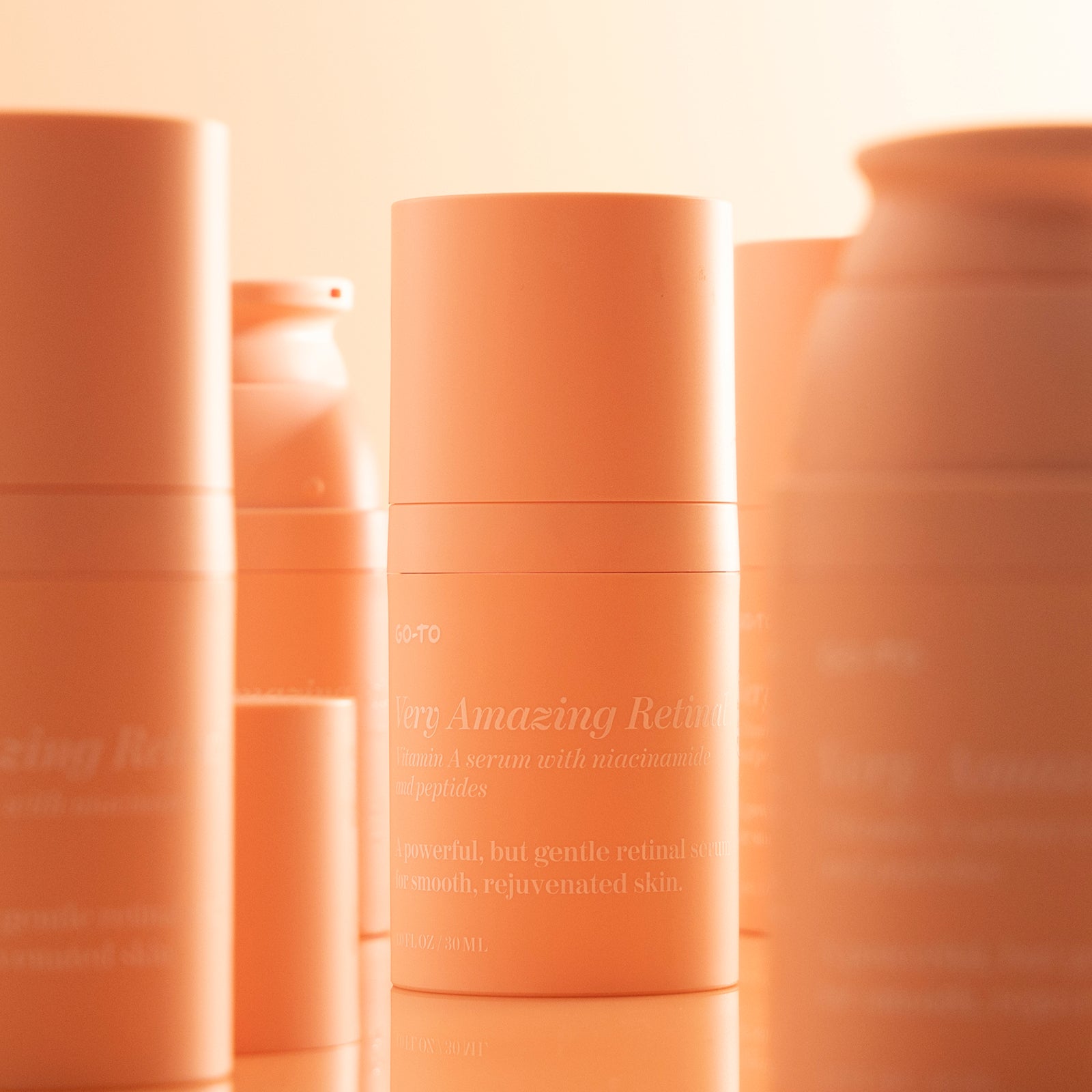
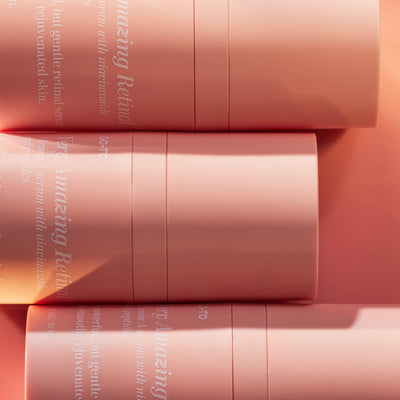
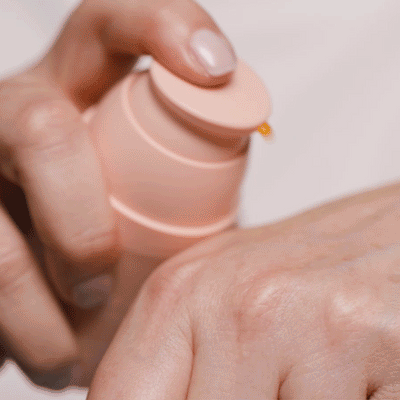


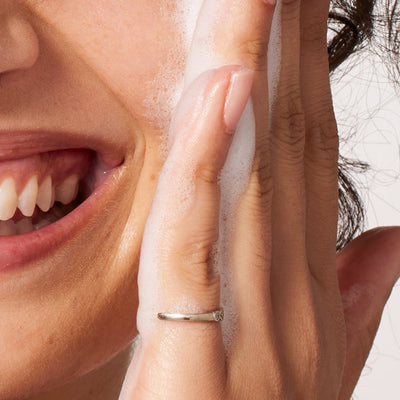
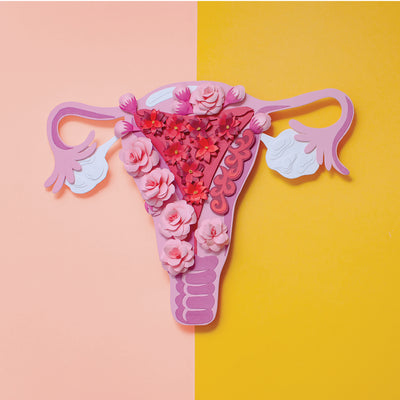
Comments